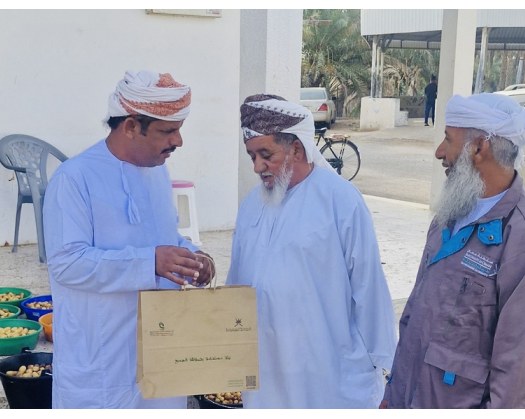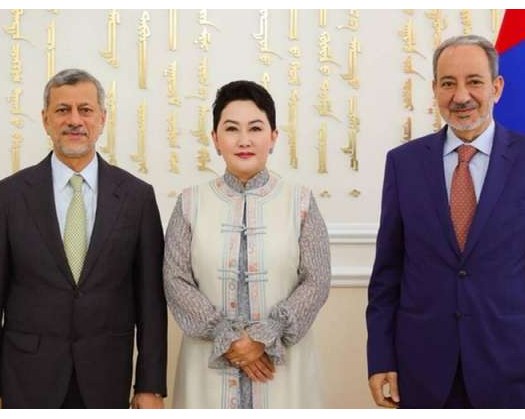Muscat: The Consumer Empowerment Index for rights and responsibilities in 2024 has reached approximately 78%, indicating a notable increase from 2022, as reported by Oman’s Consumer Protection Authority (CPA) on Tuesday.
“This signifies a positive shift in the dynamics between consumers and markets in the Sultanate of Oman, resulting from the dedicated efforts of the Consumer Protection Authority to promote transparency and safeguard consumer rights.”
Additionally, the advancement of this index aligns with the objectives of Oman Vision 2040, particularly within the governance and institutional performance framework. It leverages the index findings to enhance institutional effectiveness and deliver high-quality government services.
The study, which focused on the ‘Consumer Empowerment Index on Rights and Duties in the Sultanate of Oman,’ was conducted by the Market Studies and Research Department of the Authority in 2024.
“The objective of the study was to empower consumers by transitioning them from mere awareness to full empowerment regarding their rights and responsibilities. This was accomplished by assessing consumer awareness levels, examining consumer behaviors, and gauging their engagement and participation in societal experiences,” the authority stated. The survey provided valuable insights into consumer behaviors and empowerment, aiding in the formulation of policies and programs that better address their needs.
The consumer empowerment index utilized in this study was based on three primary indicators.
The initial indicator concentrated on the awareness of consumer rights legislation, evaluating the understanding of contractual terms and commercial practices, while also ensuring consumers are informed of their entitlements, such as return and exchange rights.
Government departments will be evaluated on their operational efficiency, leadership effectiveness, and employee satisfaction, with the aim of improving governmental operations and elevating overall performance standards.
At the conference, the minister highlighted the initiatives of the National Employment Programme, which seeks to align educational outcomes with the demands of the labor market.
This alignment will be accomplished through a thorough analysis and assessment of the employment system, along with the introduction of innovative solutions to improve its effectiveness and address existing deficiencies.
The programme has successfully facilitated the localisation of 2,800 leadership and mid-level roles within industrial estates, in partnership with the Public Establishment for Industrial Estates (Madayn).
Moreover, the programme has introduced several advanced digital tools designed to enhance labor market efficiency, including the “Tawteen” platform for managing employment across economic sectors, the “Marsad” platform for labor market data analysis, and the “Khuta” platform to support Omani youth in making informed career choices.
The minister underscored that employment governance committees, established across 17 vital economic sectors, are actively pursuing localisation objectives and improving job opportunities for Omanis.
Efforts are also being made to create specialized companies that will assist job seekers in entering emerging sectors, such as information technology and periodic maintenance, which oversees maintenance contracts in industrial zones.
In support of entrepreneurship, the ministry has introduced a comprehensive package aimed at enhancing freelance work. This initiative encompasses financing, training, social protection, and consulting services, along with backing for Omani freelance platforms.
Additionally, the ministry has revealed funding for the initial phase of the “Smart Management” project, developed in partnership with the private sector, to improve digital governance in human resources management.
Three pilot applications will be created to evaluate artificial intelligence solutions, develop a visual identity, and establish a digital knowledge repository.
Furthermore, the “Waiting List” initiative will be implemented to streamline employment opportunities through smart systems. The minister emphasized that the labor department is committed to adopting global best practices in digital transformation, noting that these initiatives will enhance government efficiency, improve the employee experience, and ensure cohesive operational policies between the public and private sectors.












